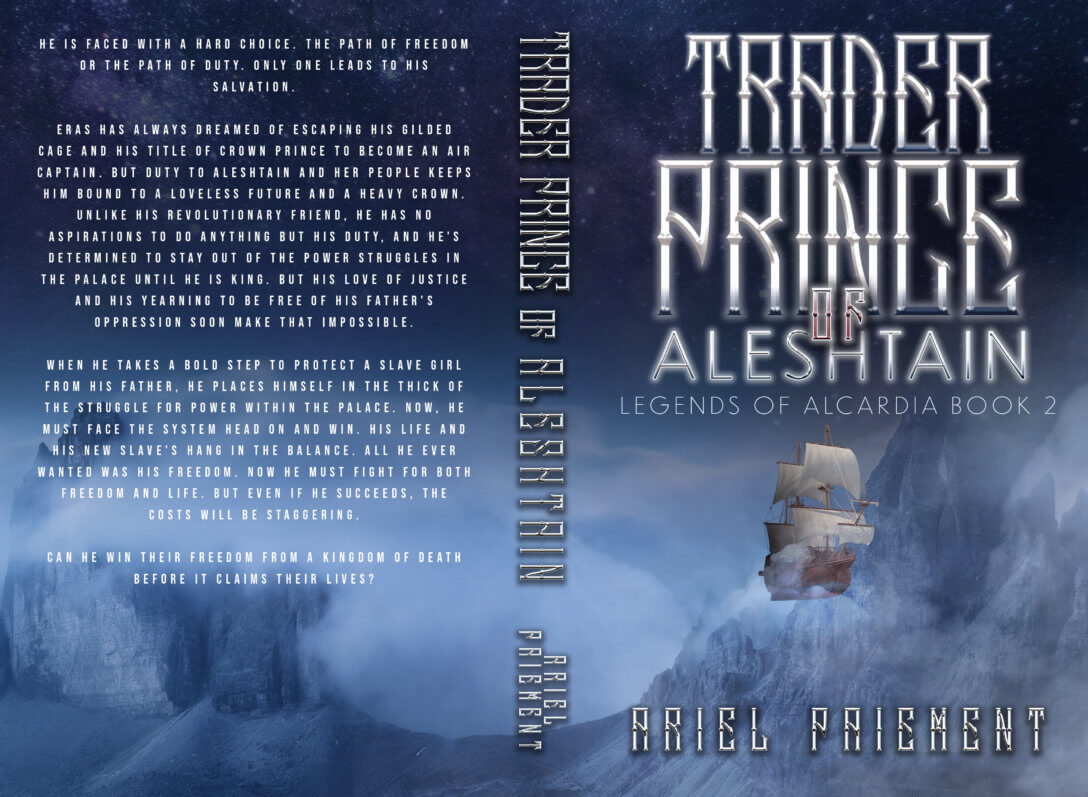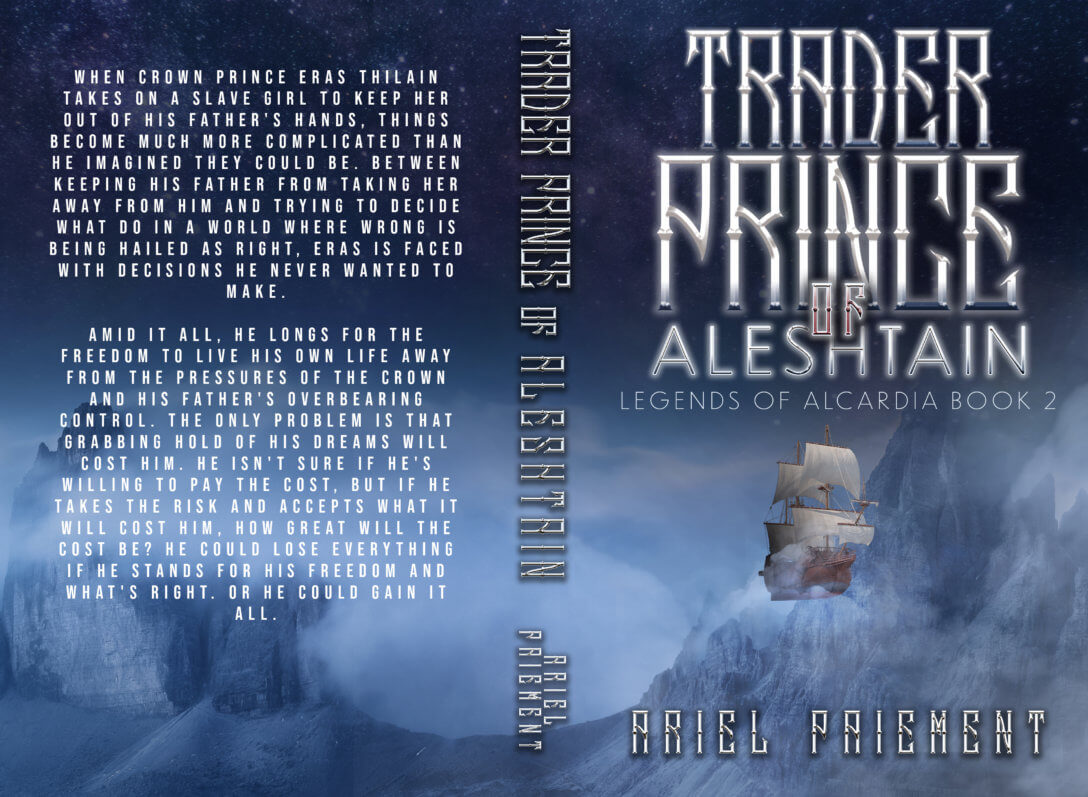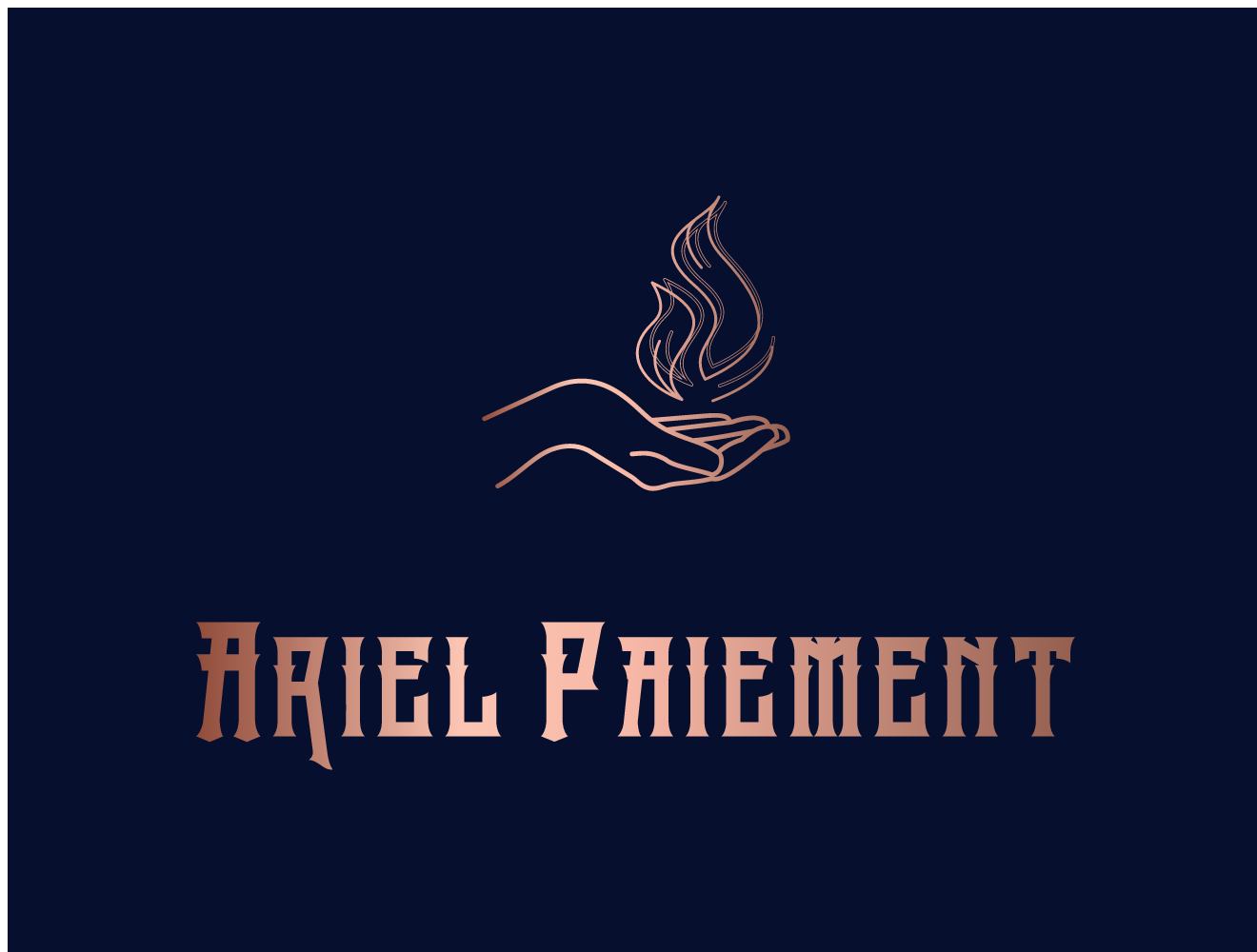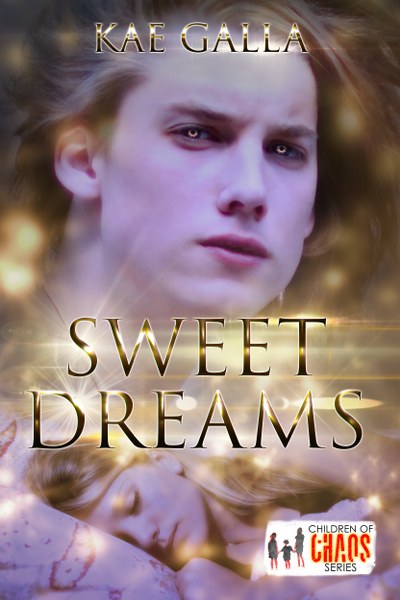Hi all! So Trader Prince of Aleshtain, the second book in the Legends of Alcardia series is coming out in paperback later this month and in ebook format on Christmas. In preparation for that, I need advanced review copy (ARC) readers! ARC readers read a free ebook/print copy of the book in exchange for a review on Amazon and other sites on the day of release.
It’s a great way to get a free book while also helping out the author. For those who haven’t used Amazon to publish or are new to it, the site doesn’t start promoting your book through their algorithms until you hit 50 reviews, and they don’t allow close friends or family to review anymore, so you can imagine that it can be hard for authors to find those first 50 reviews no matter how good the book is! I’m trying to find people who want to review an ebook copy of my upcoming release. We can work out the exact date your review would need to go up on Amazon.com and whatever other sites you might review books with (only Amazon is required), but in general, I am aiming for reviewers to post reviews between December 7th and 25th, with the latest date to post your review being the day of release on the 25th.
Now, to help you in deciding whether or not you’d enjoy the book, I’ve provided the book info below along with the general “rating” of the content and any possible trigger warnings. There is also a brief excerpt to give you a glimpse at what’s in the book. You can contact me via email at arielpaiement@gmail.com if you’re interested in helping out!
Title: Trader Prince of Aleshtain
Genre: High Fantasy/Romance
Rating: PG-16
Trigger Warnings: There is a bit of a power exchange dynamic between the two main characters, but there’s no abuse in the relationship. However, there are mentions of prior abuse and, later in the book, mentions of a rape that occurs. The sexual abuse/rape is not described in the book, but due to the more mature themes these issues present, it may make some readers uncomfortable and renders the book unsuitable for younger audiences.
Book Description:
He is faced with a hard choice. The path of freedom or the path of duty. Only one leads to his salvation.
Eras has always dreamed of escaping his gilded cage and his title of Crown Prince to become an air captain. But duty to Aleshtain and her people keeps him bound to a loveless future and a heavy crown. Unlike his revolutionary friend, he has no aspirations to do anything but his duty, and he’s determined to stay out of the power struggles in the palace until he is king. But his love of justice and his yearning to be free of his father’s oppression soon make that impossible.
When he takes a bold step to protect a slave girl from his father, he places himself in the thick of the struggle for power within the palace. Now, he must face the system head on and win. His life and his new slave’s hang in the balance. All he ever wanted was his freedom. Now he must fight for both freedom and life. But even if he succeeds, the costs will be staggering.
Can he win their freedom from a kingdom of death before it claims their lives?
Trader Prince of Aleshtain is the thrilling second book in the Legends of Alcardia high fantasy series. If you like riveting plot, intrigue, and complex characters, then you’ll love Ariel Paiement’s high-stakes fantasy.
Excerpt:
THE LITTLE RESTAURANT where Eras took her was a quaint place. With the warm lighting and crackling fire nearby, it felt intimate in a way even Eras’s room didn’t. She shook her head as she followed Eras and the barmaid to a table in a secluded corner. Just because they were in disguise, had ditched the guards, and were spending a night out like a normal couple didn’t mean things were different.
“Rhubhian?”
She looked up and blinked. “Yes, sir.”
The barmaid gave her an odd look, and she ducked her head. Shades of Rith! She hadn’t even thought about how that would look. It came naturally to address him that way in public after weeks of doing so. Hadn’t Eras said men expected deference from their women? Why did the woman keep staring at them? At least she hadn’t slipped up and said Sire instead of sir. That would be harder to laugh off.
Eras took her hand with a laugh and winked at the barmaid. “We’ll take a pint of ale and a hot cup of slightly sweetened aledh tea for the lady.”
The barmaid cleared her throat. “Of course, sir.” Then she scurried off and left them alone.
Rhubhian collapsed onto the pillows on one side of the low-lying table with a sigh. “I thought you said women here deferred to the men,” she hissed at Eras.
He shrugged. “Well, they do. But usually they don’t speak much.” He grinned. “And most men don’t require their women to address them as sir. Given names are fine.”
“Well…” She hugged her knees to her chest.
“Don’t do that.” He reached across the table and tapped her knee. “It’s considered rude and very childish in our culture. Cross your legs instead like I’m doing.”
She obeyed with a blush. There was still so much she didn’t know about this culture, and clearly palace rules weren’t the same as the rules around here. “So,” she whispered. “Since we’re in disguise, what do I call you?”
“Dhiabhan. It’s my street name.”
She laughed, loosening up as she noticed he was at ease and no one was paying them any mind. “You make it sound like you’re some sort of street thief or something.”
“Yes, that’s my night job.” He leaned in closer across the table. “But it’s a big secret. You can’t tell anyone.”
A giggle burst out of her, and she clapped her hands over her mouth. What was she doing? She was acting like a girl in love for the first time. Foolish. So foolish. She wanted to get to know him better, but she couldn’t fall for him under any circumstances. She was going home as soon as she could, and a Faelkishian didn’t fall in love with an Aleshtainian. Ever.
Eras frowned. “What—”
The barmaid chose that moment to return with the requested drinks. She lowered the tray to the level of the table, and Eras took their drinks off it with a nod to her. “Thank you, Maredh.”
The blond nodded with a hint of a smile. “Are you ready to order, Dhiabhan, sir?”
He glanced at her. “Should I choose, or would you like to know what’s on the menu?”
She bit her lip. Given how different it was here from the palace, she probably wouldn’t know what to do with the menu anyway. If she could even read it. Speaking Aleshtainian was hard enough. Reading it was worse. “You choose.”
He nodded. “We’d like the spiced Serat as the first course, two bowls of the deagaler stew for the second, and some of the house’s hummus, with extra flatbread to go with it. We’ll decide on dessert later.”
The server scribbled it onto a scrap of paper. “I’ll go have the cook start it right away, then I’ll be back with the bread and spiced Serat.”
“I know the drill. Thank you, Maredh.”
“Anything for my favorite guest.” She turned with a smile and rushed off toward the kitchen’s entrance.
“So… She seems to know you well.” Rhubhian watched her go, a strange, sharp twist in her chest.
“I come here for a night away regularly. She’s always working night shifts or really any shift she can get, and I’ve built a bit of rapport with her.”
Rhubhian nodded and took a sip of the tea. It was perfectly brewed just the way she’d come to like it when the palace maids made it up for breakfast. “Why did you ask me to come with you tonight?”
“I wanted to spend time with you where we could just be two people having fun and enjoying each other’s company.” He took a pull of his ale.
“Oh.”
“Why did you think I asked you to come along?”
“I… I don’t know,” she admitted. “But it meant a lot.”
“I could tell. You lit up like a beacon when I asked.”
Her cheeks burned and she stared down at her cup. “Did I?”
“It’s nothing to be embarrassed about,” he murmured. “I’m glad you agreed.”
She nodded and took a slow breath to steady her nerves. What was there to worry about? Tonight, they had the chance to be normal without the slave-master dynamic and without the pressures of keeping up the act in public. “I’m glad I did too.”












